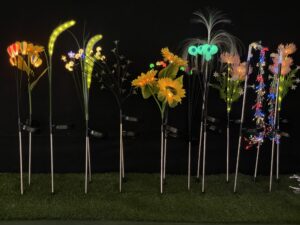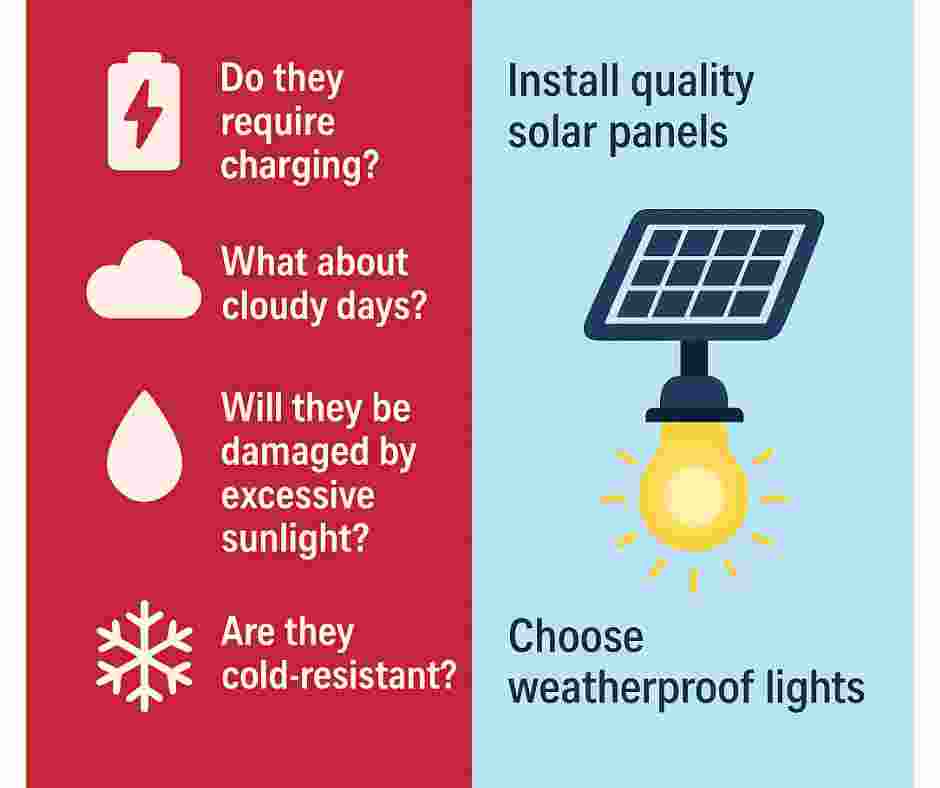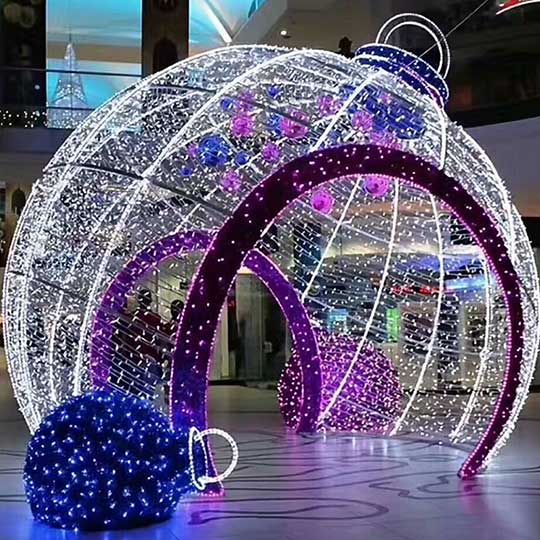Holiday solar lights have become increasingly popular as businesses, retailers, and households look for eco-friendly and cost-effective decoration solutions. Unlike ordinary plug-in holiday lights, solar-powered versions operate differently, which often raises questions or even complaints from customers. As a lighting supplier or distributor, being prepared with clear answers will not only build trust but also help you reduce returns and after-sales issues.
Let’s go through the most common customer complaints and questions about holiday solar lights—and how you can respond.
1. Are holiday solar lights safe to use?
Answer: Yes. High-quality solar lights are designed with built-in safety protections such as overcharge and over-discharge prevention. They use low-voltage power, which makes them safe for both indoor and outdoor applications. Always ensure your products meet international safety standards like CE and RoHS to reassure customers.
2. Do solar holiday lights really require no charging?
Answer: Solar lights do not require manual charging because they charge automatically during the day through their solar panel. However, customers should know that the panel needs sufficient sunlight to fully recharge. In areas with shorter daylight hours during winter, the lights may not reach full capacity.
3. How long does a single charge last?
Answer: Typically, a full day of direct sunlight provides 6–10 hours of illumination at night. Actual performance depends on the solar panel size, battery capacity, and seasonal sunlight exposure. Customers should be advised that lighting time may vary in different climates.
4. Will solar holiday lights still work on cloudy or rainy days?
Answer: Yes, but performance may be reduced. On cloudy days, the panel absorbs less energy, which shortens lighting hours. A good way to manage expectations is to let customers know solar lights can store some energy, but consistent cloudy weather will impact brightness and duration.
5. Can solar lights be damaged by excessive sunlight?
Answer: No, not if they are made with quality materials. Solar panels are designed to withstand constant exposure to sunlight. However, poor-quality products may discolor or degrade over time. Choosing UV-resistant panels and weatherproof housings ensures long-lasting durability.
6. Are holiday solar lights cold-resistant?
Answer: Good-quality solar lights can handle low winter temperatures. Lithium or Ni-MH batteries used in solar lights may have reduced efficiency in extreme cold, but they should still function. Customers should avoid leaving lights in areas where snow completely covers the panel.
7. Are holiday solar lights waterproof?
Answer: Yes, most are designed with an IP65 or higher waterproof rating, making them suitable for outdoor use. Still, customers should avoid submerging them in water or installing them in areas with poor drainage.
8. Why don’t my solar lights last as long as advertised?
Answer: Many complaints come from unrealistic expectations. The advertised time is based on optimal sunlight conditions. Remind customers that in winter, shorter days and weaker sunlight will naturally reduce performance. Offering guidance on positioning the solar panel (facing south in the Northern Hemisphere) can improve results.
9. Do solar holiday lights require maintenance?
Answer: Very little. Customers should occasionally clean the solar panel to remove dust, snow, or leaves. Dirty panels significantly reduce charging efficiency and are often the reason for poor lighting performance.

Final Thoughts
Holiday solar lights provide a sustainable and attractive solution for seasonal decorations. While customer complaints are common, most are due to misunderstandings about how solar power works. By educating your buyers and providing clear product guidelines, you can improve customer satisfaction and reduce unnecessary returns.
Looking to source durable, high-performance solar holiday lights?\





